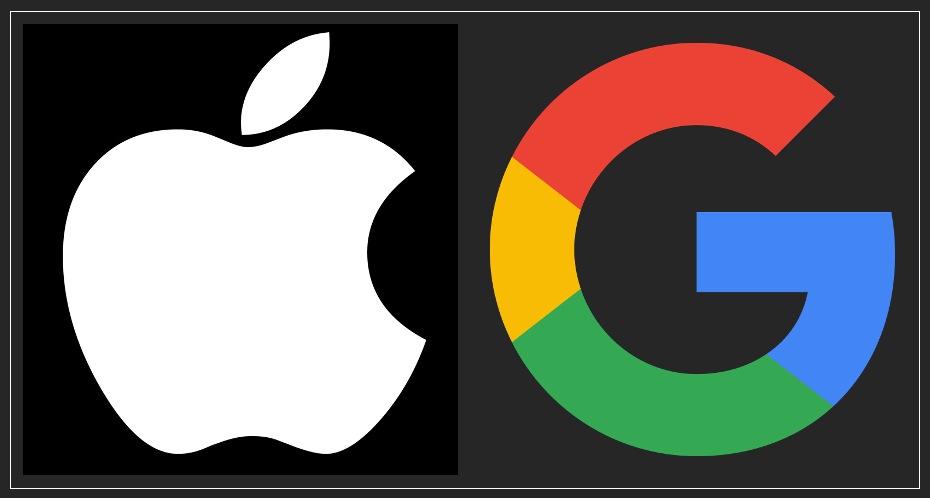Google Shuns Spotlight, CA Delete Act, Netflix House

Google Tried to 'Kneecap' Spotlight
The Google antitrust trial started a month ago. And while the war in Israel has now "pushed it off the front page," plenty of news is still coming out. As a refresher, there are two broad aspects to the case. One is about Google's ad practices. The other is focused on Google's "default search" relationships with Apple and others. Evidence has suggested Google quietly manipulates ad pricing to hit revenue targets, among other questionnable behaviors. Testimony also suggested that Google was very threatened by Apple’s Spotlight search. According to Yelp's TWIGA newsletter, emails introduced at trial argue "Google actively schemed to prevent Apple from diverting queries away from Google ... [and] later added language to the 2016 ISA amendment which prevents Apple from further expanding the suggestion search feature." According to financial analysts, the Google default payments to Apple are almost $20B per year – or roughly "14-16 percent of Apple's annual operating profits." That's not money Apple could quickly replace with its own search offering.

Our take:
- The trial is broken into liability and remedies phases. Google won't be broken up but it will probably be found liable on some of the claims.
- The ad side is more complex, but if default search is judged to be anti-competitive, it means the end of the Apple-Google deal at a minimum.
- People would then need to choose a search engine. As we've argued, most would simply choose Google; Apple would be out the $20B.
Delete Act Impact
Little attention is being paid to California's just-passed "Delete Act." Governor Gavin Newsom signed it into law this week, with national implications. Most marketers no nothing about it but it will affect digital marketing in a potentially major way. The Delete Act is connected to the California Consumer Privacy Act (2018) and California Privacy Rights Act (2020). In short it will create a way for California residents – in a single place online and a few clicks – to intiate deletion of their personal data from the hundreds of data brokers operating in the state. Those data brokers, third parties that capture and sell consumer data, will have to process data deletion requests within 45 days. The game changer is that this can be done in one place, at one time and it's free to consumers. Critics and opponents warn of uninteded consequences. Data brokers must affirmatively check for updates every 45 days. There will be regular audits and compliance reporting requirements. This is a big win for consumer privacy. But much remains to be clarified from an operational standpoint.

Our take:
- Barring lawsuits, data brokers won't avoid/escape this law. Smaller data brokers will likely go out of business.
- This is unlikely to affect Google or Meta or large networks that use their own user data for ad-targeting purposes. It won't affect first party data.
- The cookiepocalypse and stricter privacy laws are putting the squeeze on digital marketers and ad networks that rely on third party data.
Netflix House, Google Stores
Netflix is planning to open physical stores. They'll be called "Netflix House" and feature show merch, food and other "experiences." Expected to launch in 2025 in multiple US locations, they'll expand to international markets thereafter. This is an extension of the Netflix online shop, which launched in 2021. The company – notice I didn't use the obnoxious term "streaming giant" – has already experimented with pop-up shops. The stores could flop but it's a smart strategy that could help further build the Netflix brand and keep it ahead of online-only competitors. Apple's 500+ physical stores have been a critical part of its success since 2001. By comparison, Microsoft's retail experiment failed. However, Google just opened a new "Google Visitor Experience" at its CA headquarters. It has retail space, a cafe and places for meetings and events. Separately, Google has three retail locations, the first of which opened in New York in 2021. The fact that Google has only opened three stores in two years suggests ambivalence about the strategy.

Our take:
- Physical retail for online brands carries cost and risk, but if done well it pays big dividends – as Warby Parker, among others, shows.
- Years ago (mid-2000s) I pitched Google on the idea of a Google Store (before Android), to provide marketing education/support to SMBs.
- This remains a missed opportunity for Google for multiple reasons. Google appears to believe it doesn't need stores, however.
Short Takes
- Microsoft $69 billion acquisition of Activision to close.
- Google SGE now has AI image-generator.
- No more indented search results, says Google.
- Google tests enhanced recipe search results.
- Google insiders reportedly question value/utility of Bard.
- Ad buyers question inventory quality of Google's PMax.
- Basic "Artificial General Intelligence" has arrived.
- Humane's "AI pin" won't need a phone to operate.
- Vendasta raises $20 million for more SMB SaaS acquisitions.
- People bought lower-cost items during Prime Big Deal Days.
- Threads now has free edit button, shies away from X replacement.
- EU opens probe into Twitter/X content moderation, warns Meta.
Listen to our latest podcast.

How can we make this better? Email us with suggestions and recommendations.

